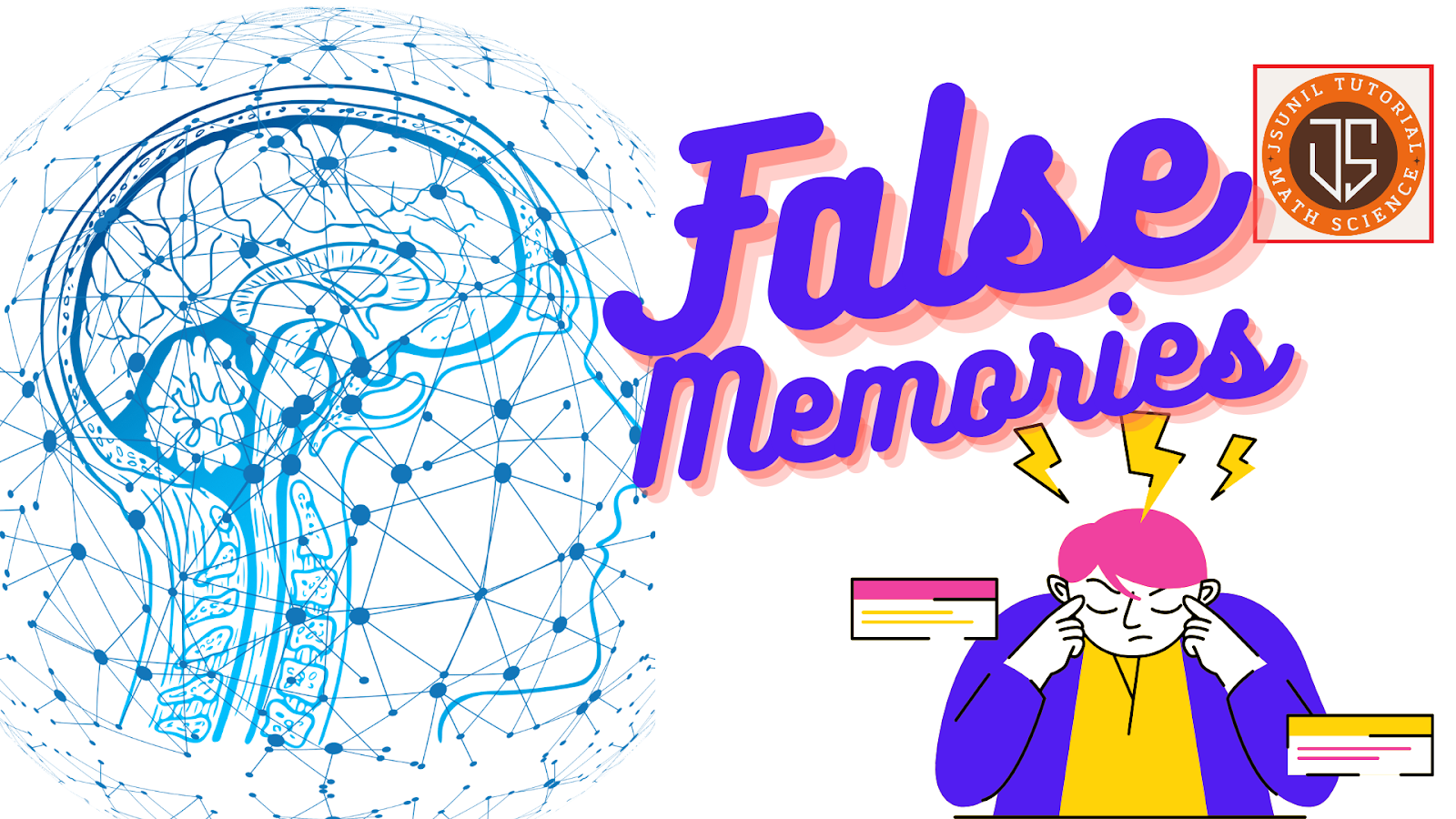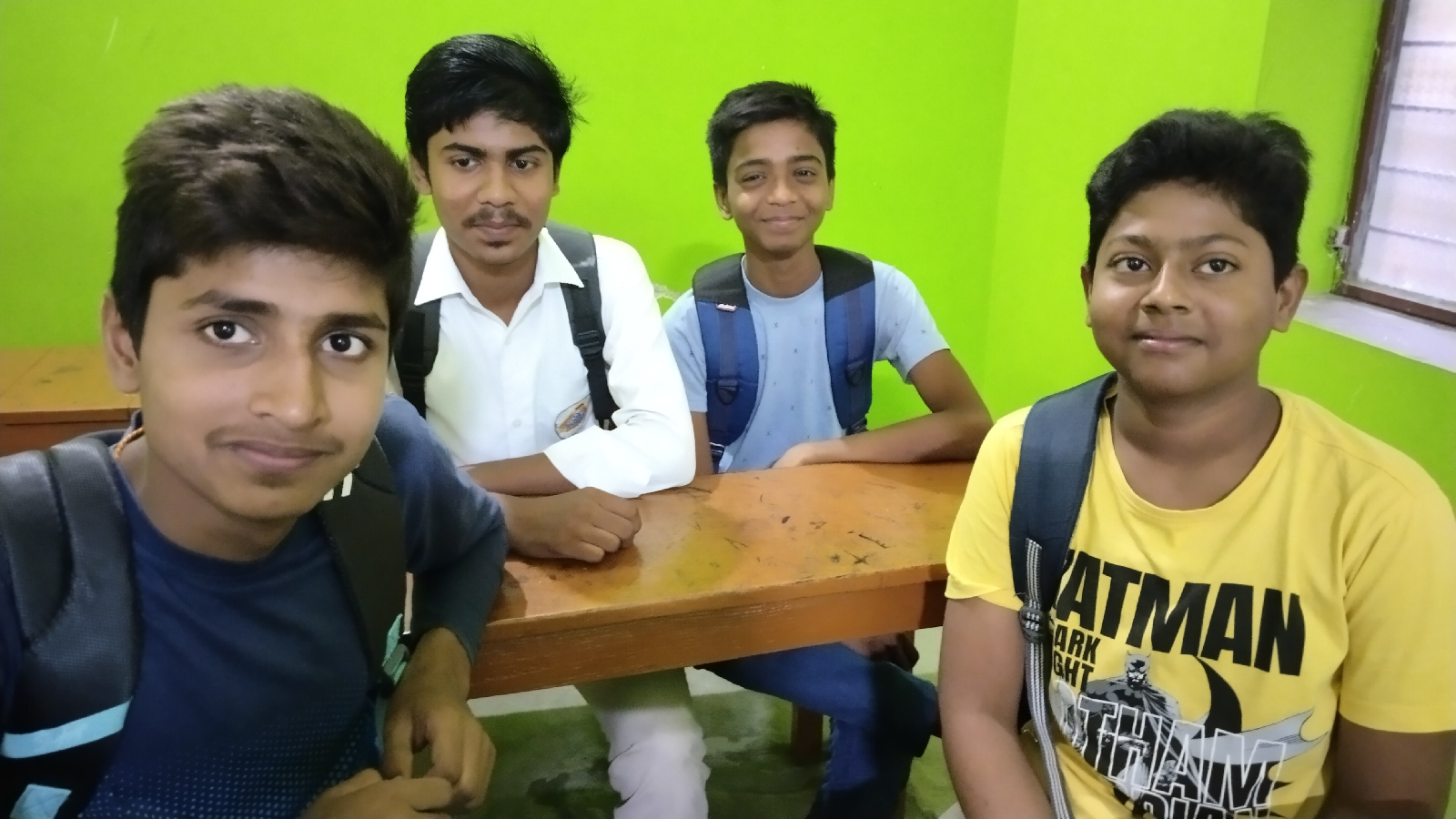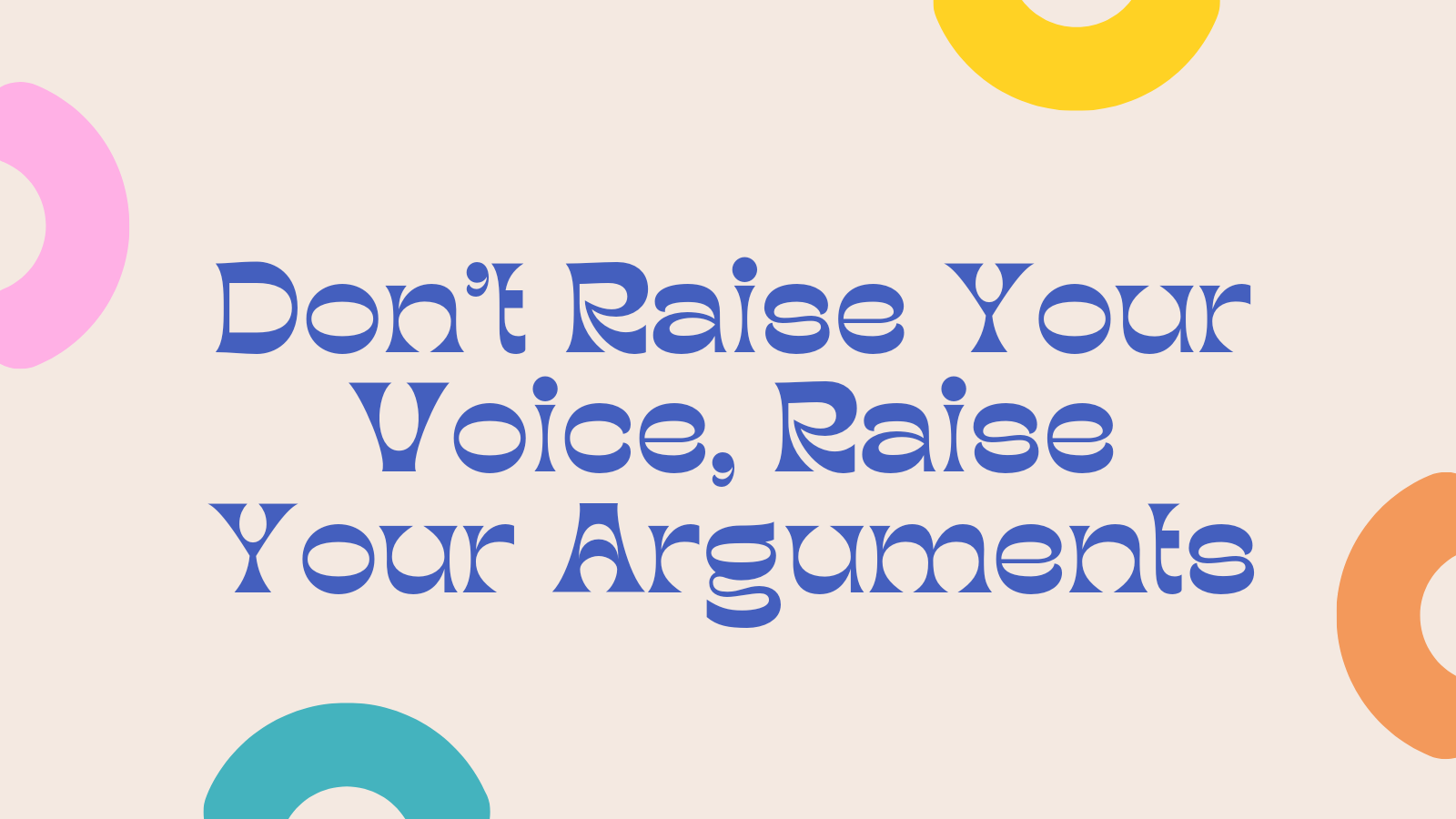Exploring False Memories Can we trust it
Memory is a fascinating and complex aspect of the human mind. It shapes our identities, influences our decisions, and allows us to relive our most cherished moments. But how reliable are our memories?
Can we trust it to accurately recall events from our past, or is it easily deceived?
In this blog post, we’ll delve into the interesting world of memory, including the phenomenon of false memories, and explore why science suggests they may not be as worrisome as they seem.
The fragility of memory:
Our memories are mosaics of experiences, emotions, and sensory details. It can be very vivid, allowing us to recall events accurately. However, it can also be very fragile, susceptible to distortions and errors. Think about it: Do you remember what you had for lunch yesterday? These mundane details can be surprisingly elusive to most of us, and that's just the tip of the iceberg.
False memories - common phenomena:
One of the most interesting aspects of memory is the prevalence of false memories. These are memories of events that never actually happened. People can vividly remember events, conversations, and even completely fictional locations. But why does this happen and should we be worried?
Understanding false memories:
False memories can occur for a number of reasons. Cues, misinformation, and the plasticity of our memories over time may all contribute to their formation. Research shows that even leading questions or subtle suggestions can plant false memories in our minds. This phenomenon has significant implications for legal proceedings, eyewitness testimony, and personal relationships.
A glimmer of hope:
Surprisingly, science shows that false memories may not be as ominous as they seem. While they challenge the notion of memory as an infallible recorder of truth, they also highlight the adaptability of our minds. Our brains construct our memories based on our experiences and perceptions. In some cases, false memories may be a coping mechanism or a way to make sense of a chaotic world.
In conclusion:
A false memory is just one thread in the intricate tapestry of memory. While they may initially raise concerns about the reliability of our memories, science tells us that memory is a dynamic, evolving process. It is not a fixed record but a living body that adapts to our needs and experiences. Embracing the imperfections of memory can give us a deeper understanding of the human mind and its incredible resilience and adaptability. So while our memories may sometimes deceive us, they are still an integral part of our unique humanity.
Read post by BBC article





Comments
Post a Comment